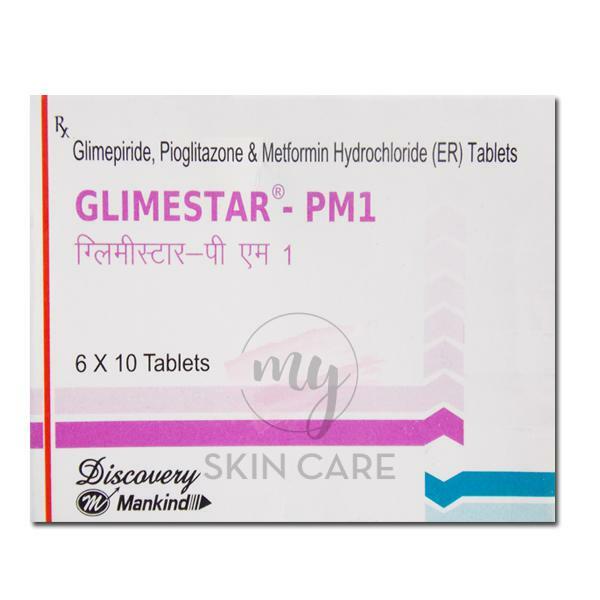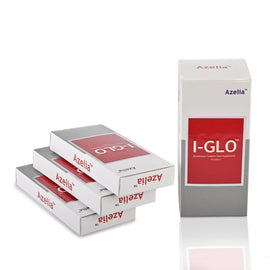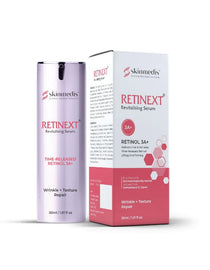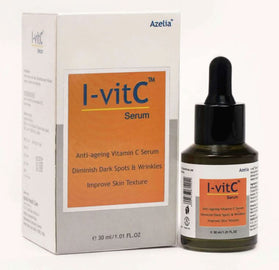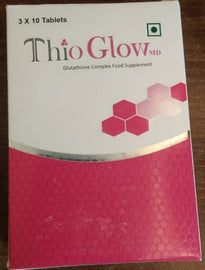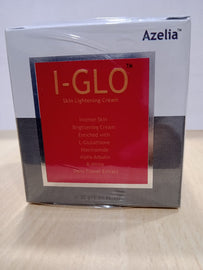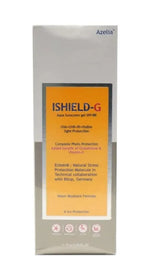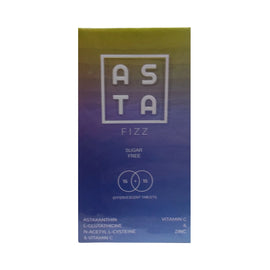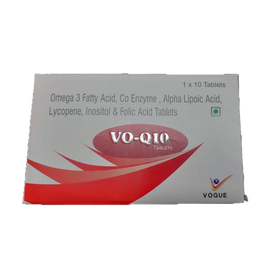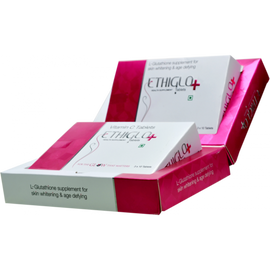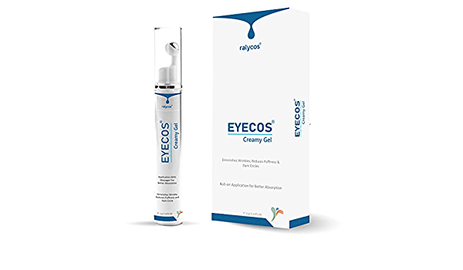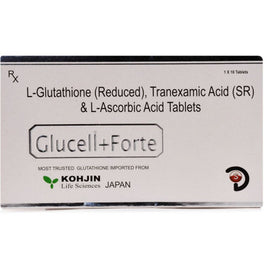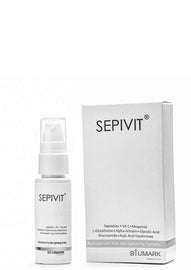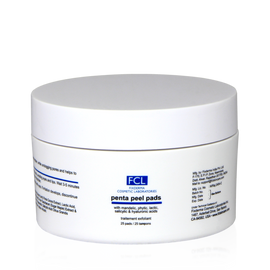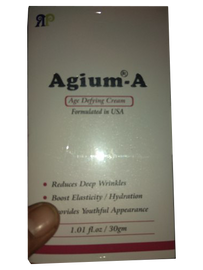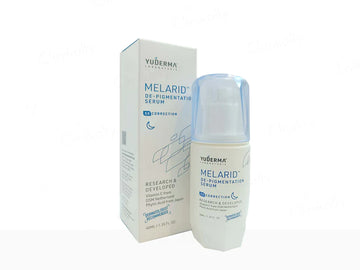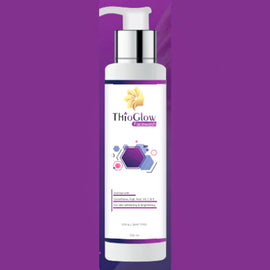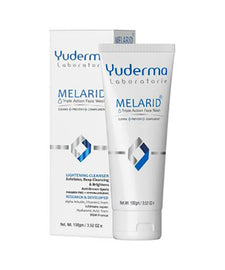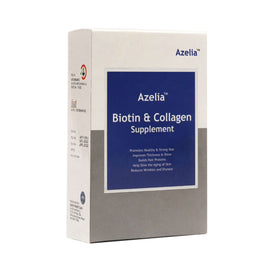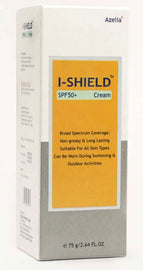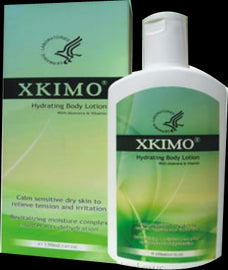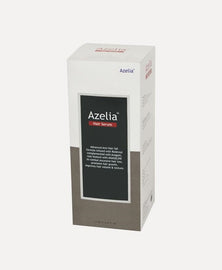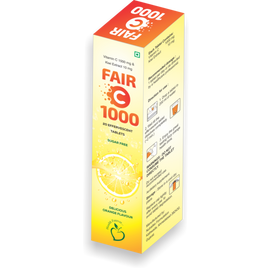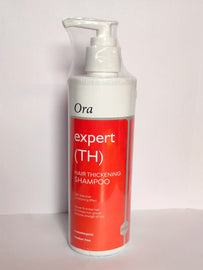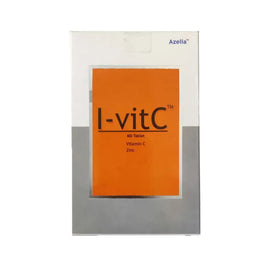Glimestar-PM1 Tablet ER is a combination medicine that helps control blood sugar levels. This medicine is used together with diet and exercise to improve blood sugar control in adults with type 2 diabetes mellitus. It helps in proper utilisation of insulin, thereby lowering the blood sugar levels.
Glimestar-PM1 Tablet ER should be taken in the dose and duration as advised by your doctor. It must be taken with food to avoid stomach upset. If you miss a dose, take it as soon as possible. However, if it is almost time for your next dose, skip the missed dose and go back to your regular schedule. Do not double the dose. Overdose may lead to low blood sugar (hypoglycemia).
Some people may develop hypoglycemia (low blood sugar level) when this medicine is taken along with other antidiabetic medicines, alcohol or upon skipping a meal. Monitor your blood sugar levels regularly while taking it. Other common side effects of this medicine include nausea, taste changes, diarrhea, stomach pain, headache, edema (swelling), blurred vision, bone fracture, and respiratory tract infection.
Before taking this medicine, inform your doctor if you have any kidney, liver or heart problems. Pregnant or breastfeeding women should also consult their doctor before taking it. Your doctor will check your kidney function tests before starting treatment with it. Avoid excessive alcohol intake while taking it as this may increase the risk of developing some side effects.
USES OF GLIMESTAR-PM TABLET ER
Type 2 diabetes mellitus
SIDE EFFECTS OF GLIMESTAR-PM TABLET ER
Common
Hypoglycemia (low blood glucose level)
Nausea
Taste change
Diarrhea
Stomach pain
Headache
Edema (swelling)
Weight gain
Blurred vision
Bone fracture
Respiratory tract infection
HOW TO COPE WITH SIDE EFFECTS?
The occurrence of side effects varies from person to person. The following are a few ways of dealing with some of the common side effects. However, consult your doctor if these persist.
Coping with Nausea
You can help yourself by eating small, frequent meals rather than large ones and drinking plenty of fluids. Eat slowly. Avoid fatty, fried, spicy and very sweet foods. Eat cold or slightly warm food if the smell of cooked or cooking food makes you feel sick. Get plenty of fresh air. You could also try chewing ginger or drinking ginger tea. Eat bananas to replace potassium in your blood which can drop if you are sick (vomit). Use oral rehydration salts to replace vitamins and minerals lost through being sick. There are some medicines that can help you stop from feeling sick. Speak to your doctor if your condition does not improve.
Coping with Taste change
Keep your mouth clean. Brush your teeth and rinse your mouth with saltwater or mouthwash after each snack or meal. Use plastic or glass utensils if the food tastes like metal. Avoid very hot or very cold foods. Chewing mints or gums may also help in improving the taste. Increase your fluid intake and choose foods that have strong flavors. Try adding garlic, lemon juice, herbs, spices and pickles or chutneys. Avoid cigarette smoking.
Coping with Diarrhea
Keep up your intake of fluids and electrolytes (sugars and salts) to avoid getting dehydrated. Eat less fiber (avoid raw fruits, fruit juice and vegetables). Talk to your doctor about possible medication to manage diarrhea. Ask about reducing the dosage of your drug or other suitable treatments.
Coping with Stomach pain
Try?to get plenty of rest and relax. Putting?a?heat pad or covered hot?water bottle on your?stomach?may relieve the stomach pain. It may help if you eat and drink slowly and have smaller and more frequent meals. Reduce your intake of coffee, tea and alcohol as these can make the pain worse. If you are in a lot?of pain, speak?to your doctor about possible medication. Your doctor may be able to prescribe some over-the-counter medicines to help reduce the pain.
Coping with Headache
Make sure you rest and drink plenty of fluids. Rest in a quiet, dimly lit room. Do not sleep more than you normally would. Do not strain your eyes (for example by looking at a screen). Do not drink alcohol. Headaches are usually temporary and usually go away with time. But, if they last longer or get worse, ask your doctor to recommend a painkiller.
Coping with Weight gain
Try to eat a healthy balanced diet without increasing your portion sizes. Avoid processed meat or poultry and seafood. Eat small, frequent meals and eat slowly. Do not snack on foods that contain a lot of calories such as crisps, cakes, biscuits and sweets. If you feel hungry between meals, eat fruits and vegetables which have low calories. Avoid reaching for a sugary drink if you feel stressed. Fasting once a week can be an effective way to lose weight. Make sure you get enough sleep. With proper diet and lifestyle changes, you might not gain any weight or may gain only a small amount. Even then if it bothers you, ask your doctor if there are any alternative medicines that do not have this side effect.
Coping with Blurred vision
You can consider washing your eyes with water. Avoid driving or using tools or machines if your vision is impaired. Do not take your next dose if your vision is still blurry. If it gets worse or does not improve, ask your doctor to recommend eye drops or talk about changing your medications.
HOW TO USE GLIMESTAR-PM TABLET ER
Take this medicine in the dose and duration as advised by your doctor. Swallow it as a whole. Do not chew, crush or break it. Glimestar-PM1 Tablet ER is to be taken with food.
HOW GLIMESTAR-PM TABLET ER WORKS
Glimestar-PM1 Tablet ER is a combination of three antidiabetic medicines: Glimepiride, Metformin and Pioglitazone. They work by different mechanisms to provide better control of blood sugar when single or dual therapy is not effective. Glimepiride is a sulfonylurea which works by increasing the amount of insulin released by the pancreas in order to lower the blood glucose. Metformin is a biguanide. It works by lowering glucose production in the liver, delaying glucose absorption from intestines and increasing the body's sensitivity to insulin. Pioglitazone is a thiazolidinedione which further increases insulin sensitivity.
SAFETY ADVICE
warnings
Alcohol
UNSAFE
It is unsafe to consume alcohol with Glimestar-PM1 Tablet ER.
warnings
Pregnancy
CONSULT YOUR DOCTOR
Glimestar-PM1 Tablet ER may be unsafe to use during pregnancy. Although there are limited studies in humans, animal studies have shown harmful effects on the developing baby. Your doctor will weigh the benefits and any potential risks before prescribing it to you. Please consult your doctor.
warnings
Breastfeeding
SAFE IF PRESCRIBED
Glimestar-PM1 Tablet ER is probably safe to use during breastfeeding. Limited human data suggests that the drug does not represent any significant risk to the baby.
Monitor the breastfed baby’s blood sugar during treatment with Glimestar-PM1 Tablet ER
warnings
Driving
CAUTION
Your ability to drive may be affected if your blood sugar is too low or too high. Do not drive if these symptoms occur.
warnings
Kidney
CAUTION
Glimestar-PM1 Tablet ER should be used with caution in patients with kidney disease. Dose adjustment of Glimestar-PM1 Tablet ER may be needed. Please consult your doctor.
Use of Glimestar-PM1 Tablet ER is, however, not recommended in patients with severe kidney disease. Regular monitoring of kidney function test is advisable while you are taking this medicine.
warnings
Liver
CAUTION
Glimestar-PM1 Tablet ER should be used with caution in patients with liver disease. Dose adjustment of Glimestar-PM1 Tablet ER may be needed. Please consult your doctor.
Use of Glimestar-PM1 Tablet ER is not recommended in patients with severe liver disease.




